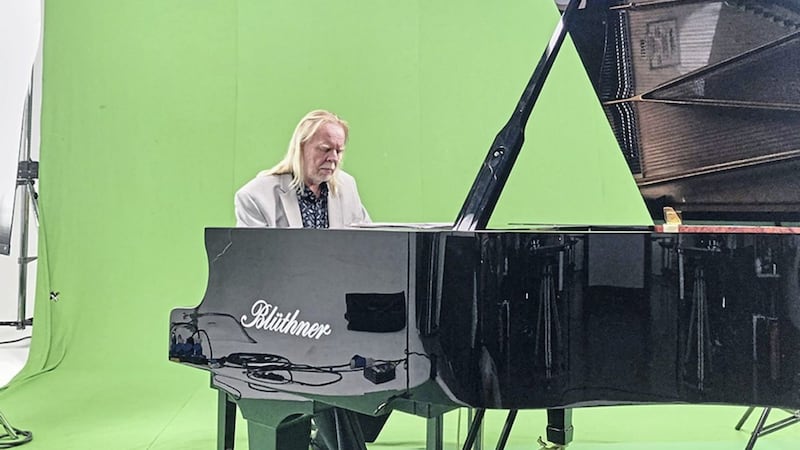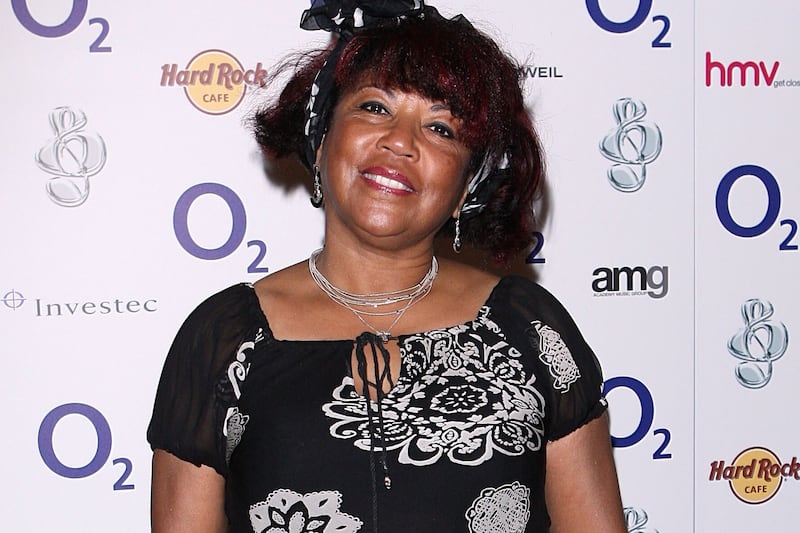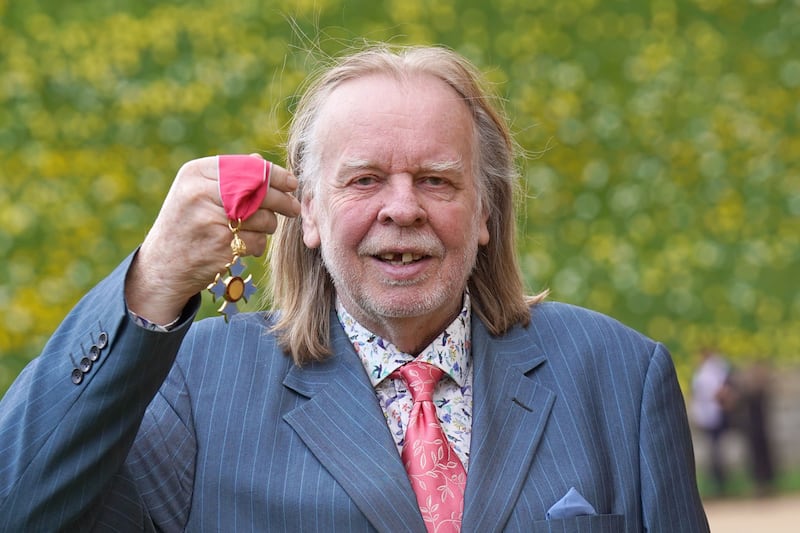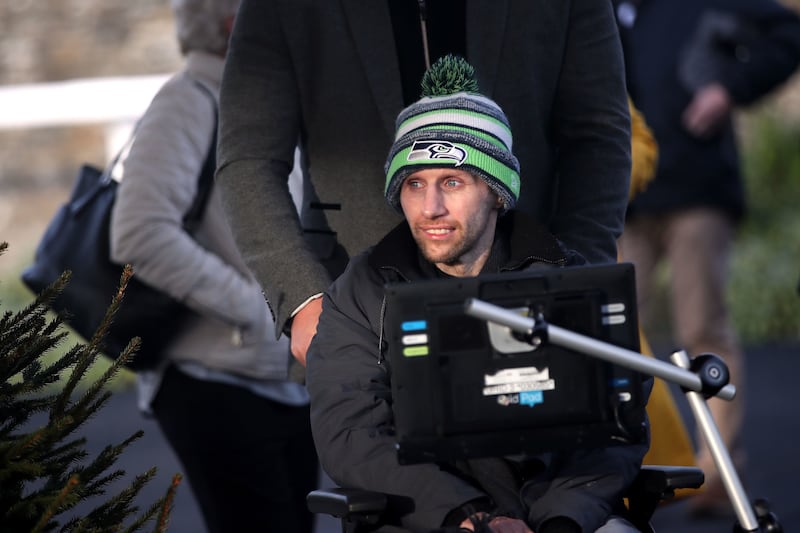FOR a man whose Twitter handle is @GrumpyOldRick, Rick Wakeman is wonderfully cheery. Even when talking about death.
"I've got no intention of going anywhere," he says with a hearty chuckle. "But I've got it written in my will that if there's ever a tombstone or a plaque for me, wherever my ashes are scattered, it simply has to read 'It's not fair, I haven't finished yet'."
It's almost inconceivable to imagine what Wakeman, with his enormous back catalogue, has to yet offer the world musically. But he insists that he has so much more to give. "I don't think I'll ever stop," he says.
Now 69, the Londoner, best known as a member of Yes, is happy to reminisce about his illustrious career as a prog-rock star, a musical virtuoso and songwriter, all of which has inspired his new album, Piano Odyssey.
A bona fide keyboard wizard, Wakeman has had a long and successful solo career. He has, at the very least, 90 solo records across a myriad of genres under his belt, which have sold more than 50 million copies.
A multi-talented musician, he's also known for his star collaborations with the likes of David Bowie, Cat Stevens and Black Sabbath.
Perhaps one of the things he is most revered for is his contribution to Bowie's Life On Mars and his Hunky Dory album. His work with Bowie was an influence on his new record, a piano-led journey through his career, in which he covers classic tracks, with string and choral additions.
"It's a mixture of a musical scrapbook and a journey," explains Wakeman. "But a scrapbook from way back to the early days, like with David Bowie. I did a lot of work with David and there was one piece that has always been my favourite of all the songs he wrote.
"Obviously I've got a soft spot for Life On Mars and Space Odyssey and all that, but way back in 1969, I recorded piano on a piece called Wild Eyed Boy From Freecloud.
"I just loved it, it was a great example of David's storytelling."
Piano Odyssey includes Wakeman's take on that track, as well as his versions of The Beatles' While My Guitar Gently Weeps and Strawberry Fields Forever, And You And I by Yes, and Simon and Garfunkel's The Boxer.
But one song on the album in particular stands out for Wakeman is his version of Queen's Bohemian Rhapsody, which includes a surprise collaboration from the band's Brian May.
"When I finished recording the album, I was really pleased with everything," Wakeman says. "And then it suddenly occurred to me – Brian May is one of my closest friends, and I know how much Bohemian Rhapsody means to Brian.
"Freddie [Mercury] wrote it and they were incredibly close. I know I'm probably speaking a bit out of turn, but I know Brian is not always totally enamoured by versions of Bohemian Rhapsody that have been done by others, because the original is so brilliant."
Wakeman recalls how he called May and described his version of the rock/opera track, a piano rendition with "touches of strings and a choir throughout it".
"I told him I wanted to send it for him to have a listen, because if he didn't like it, if he thought it was detrimental to Freddie, then I'd pull it," he says.
Luckily for Wakeman, May got back to him within half an hour, full of praise for his take on Bohemian Rhapsody, but with one suggestion: that he add a "tiny touch of acoustic guitar" at the end.
"He was absolutely right," Wakeman concedes. "I'd never thought of doing that."
The album also includes two new additions, Rocky (The Legacy) and Cyril Wolverine, both inspired by his work as a patron of Animals Asia and Moon Bears.
"We save these wonderful bears from the horrendous bear bile farming in China," he says.
Rocky, Wakeman reveals, was a bear who had been so horrendously treated that, even with the best care, she died.
And Cyril Wolverine was a bear owned by Wakeman and his wife, who died from kidney and liver cancer after being "appallingly treated from a young age", before he could make it to a sanctuary in Chengdu, China.
Along with his tales of bears, Bowie and Bohemian Rhapsody, Wakeman is refreshingly honest about himself.
He harks back to his past and how it has shaped the man and musician he is today, while also looking ahead to the future.
"I don't have any regrets. But mistakes? Yeah, I've made loads," he says. "But if you get something wrong, then you do your best to turn it right.
"I'm not great at looking back and going, 'Oh, I wish I hadn't done that'. I'm much more interested in what I'm going to do tomorrow, next month, next year, and the year after that."
:: Rick Wakeman's Piano Odyssey is out now.








